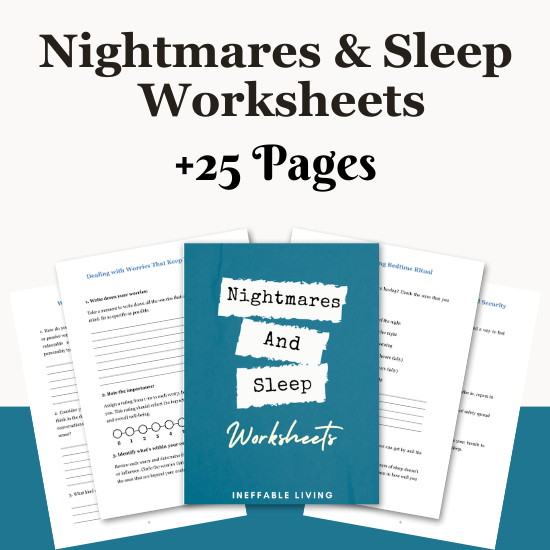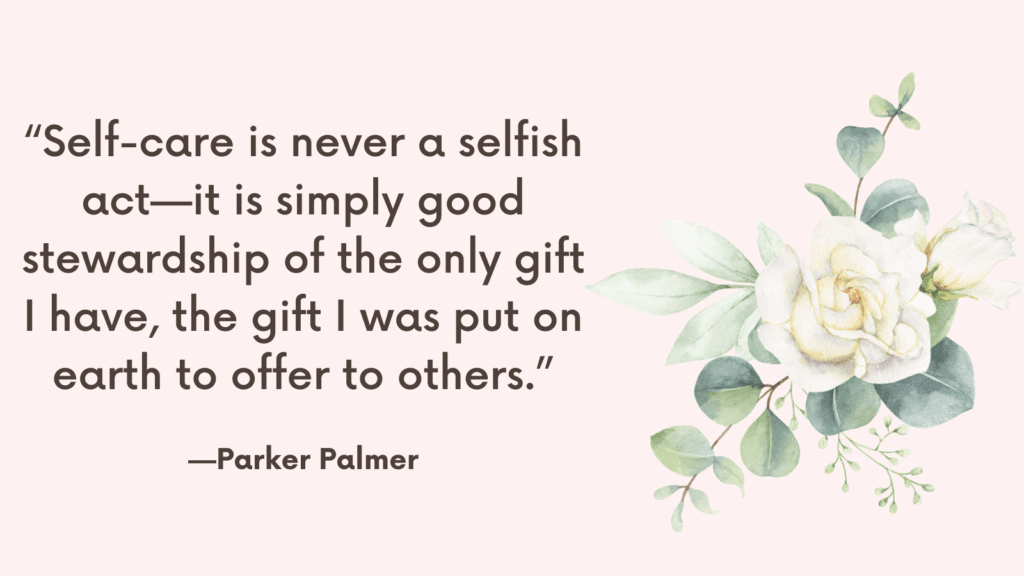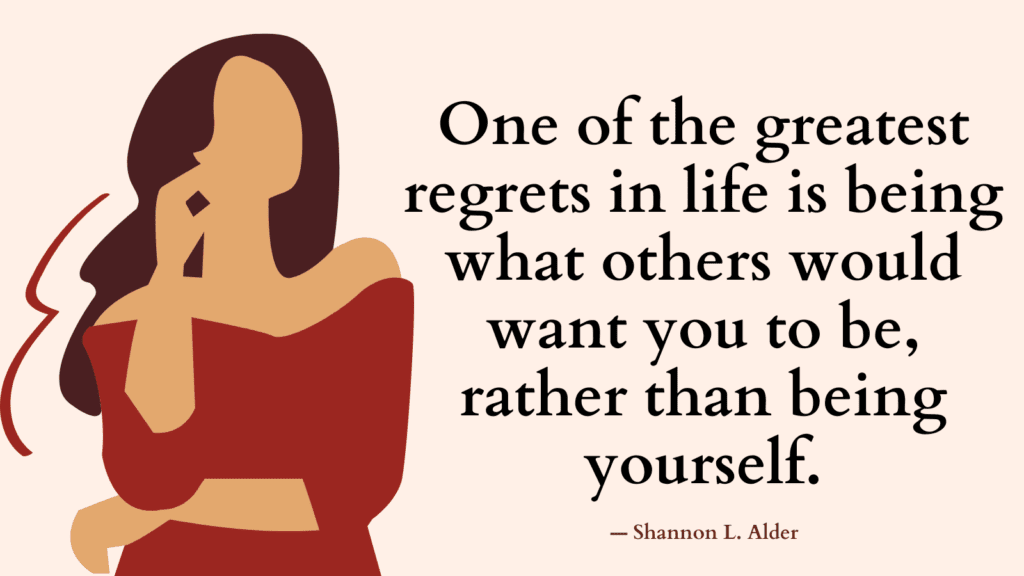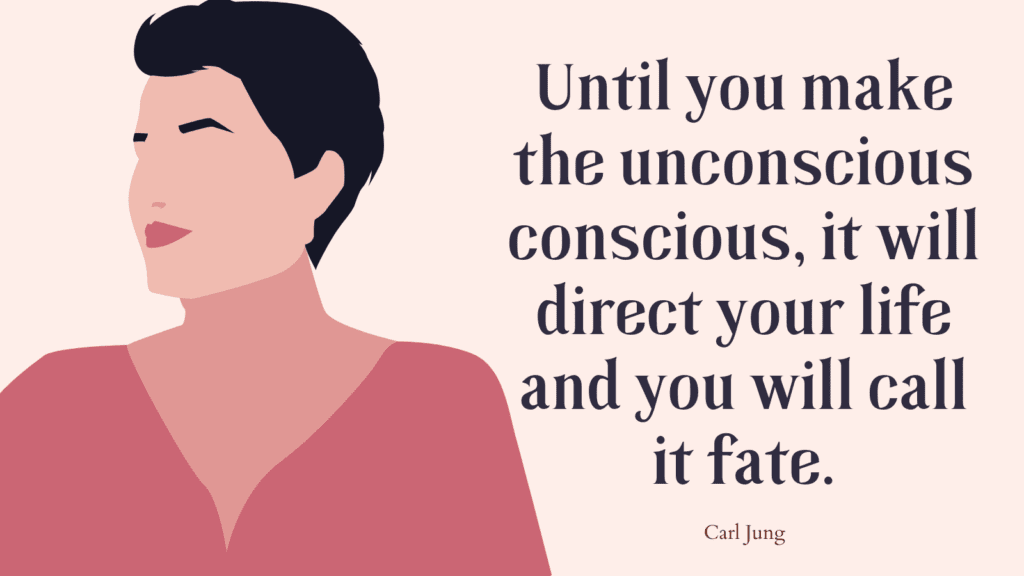Struggling to fall asleep or stay asleep can take a serious toll on your mental and physical health. While no product can replace good sleep habits, some tools actually work when used intentionally. From calming your nervous system to blocking light and noise, these sleep-supporting products are backed by both science and real-life success stories. Here are products that might truly help you sleep better.
Products That Might Actually Help You Sleep Better
1. Weighted Blanket
Applies gentle, even pressure that mimics deep touch stimulation—calming the nervous system and reducing anxiety to help you fall asleep faster and stay asleep longer.
2. White Noise Machine or Sleep Sound App
Blocks out external noise and creates a consistent auditory environment. Perfect for light sleepers or those living in noisy areas. Choose ocean waves, rain, or soft fan sounds.
3. Blackout Curtains
Total darkness is key for melatonin production. Blackout curtains help block early morning sunlight or street lights that might interfere with your sleep cycle.
4. Cooling Mattress Topper or Pillow
Overheating is a common cause of nighttime wakefulness. Cooling gel toppers or breathable pillows help regulate body temperature for deeper, uninterrupted sleep.
5. Blue Light Glasses or Screen Filters
Blue light from screens delays melatonin release. Wearing blue light blocking glasses or using screen filters in the evening can help you wind down more naturally.
Related: Am I Sleep Deprived Quiz (+Top Tips On How To Get Quality Sleep & Stop Bad Dreams)
6. Sleep Mask With Light Pressure
A soft, contoured sleep mask blocks light and applies gentle pressure over the eyes—helpful for calming an overstimulated brain and signaling it’s time to rest.
7. Bedtime Journal or Worry Pad
Racing thoughts keeping you awake? A small notebook next to your bed lets you offload thoughts or worries before sleep, freeing your mind to rest.
8. Red Light or Amber Night Light
Unlike harsh overhead lights or blue-toned bulbs, red/amber lighting doesn’t suppress melatonin. Use it for nighttime bathroom trips or evening wind-down routines.
Related: Night Terrors vs. Nightmares: How To Tell The Difference
Tips to Improve Your Sleep Quality
Here are practical, science-backed tips to help you improve your sleep quality.
1. Keep a Consistent Sleep Schedule
Go to bed and wake up at the same time every day—even on weekends. This trains your body’s internal clock (circadian rhythm) and improves both sleep onset and depth.
2. Create a Wind-Down Routine
Spend 30–60 minutes before bed doing calming activities: read, stretch, journal, or take a warm bath. This signals to your brain that it’s time to power down.
3. Limit Screen Time Before Bed
Phones, tablets, and TVs emit blue light, which disrupts melatonin production. Turn off screens 1–2 hours before bedtime or use blue light filters in the evening.
4. Avoid Caffeine After 2 PM
Caffeine has a half-life of about 5–6 hours. Even afternoon coffee or soda can interfere with deep sleep—especially if you’re sensitive.
5. Keep Your Room Cool, Dark, and Quiet
Ideal sleep conditions are around 60–67°F (15–19°C). Use blackout curtains, earplugs or white noise, and breathable bedding to create a sleep-friendly space.
6. Limit Alcohol and Heavy Meals at Night
While alcohol may make you sleepy, it disrupts your REM sleep and causes more nighttime awakenings. Heavy meals can also lead to indigestion and poor sleep.
Related: Best 25 Night Journal Prompts To Help You Sleep Faster
7. Get Morning Sunlight
Natural sunlight early in the day helps regulate your circadian rhythm and improve nighttime melatonin release. Aim for at least 10–20 minutes of natural light each morning.
8. Move Your Body During the Day
Regular exercise improves sleep quality—but avoid intense workouts within two hours of bedtime, which can be overstimulating.
9. Use Your Bed for Sleep (and Intimacy) Only
Avoid working, watching TV, or scrolling in bed. This helps your brain associate the bed with rest—not stimulation.
10. Manage Stress and Mental Load
Try journaling, breathwork, or mindfulness before bed to clear mental clutter. Calming your nervous system is key to falling—and staying—asleep.
Related: How to Manage Anxiety at Night?

Conclusion
Better sleep doesn’t start with products—but the right ones can support your natural sleep rhythms, calm your body, and create an environment where rest feels easier. Start with one or two tools that meet your needs, and remember: consistency and self-kindness are just as important as what’s in your bedroom.



